
Sign in to your ScreenRant account
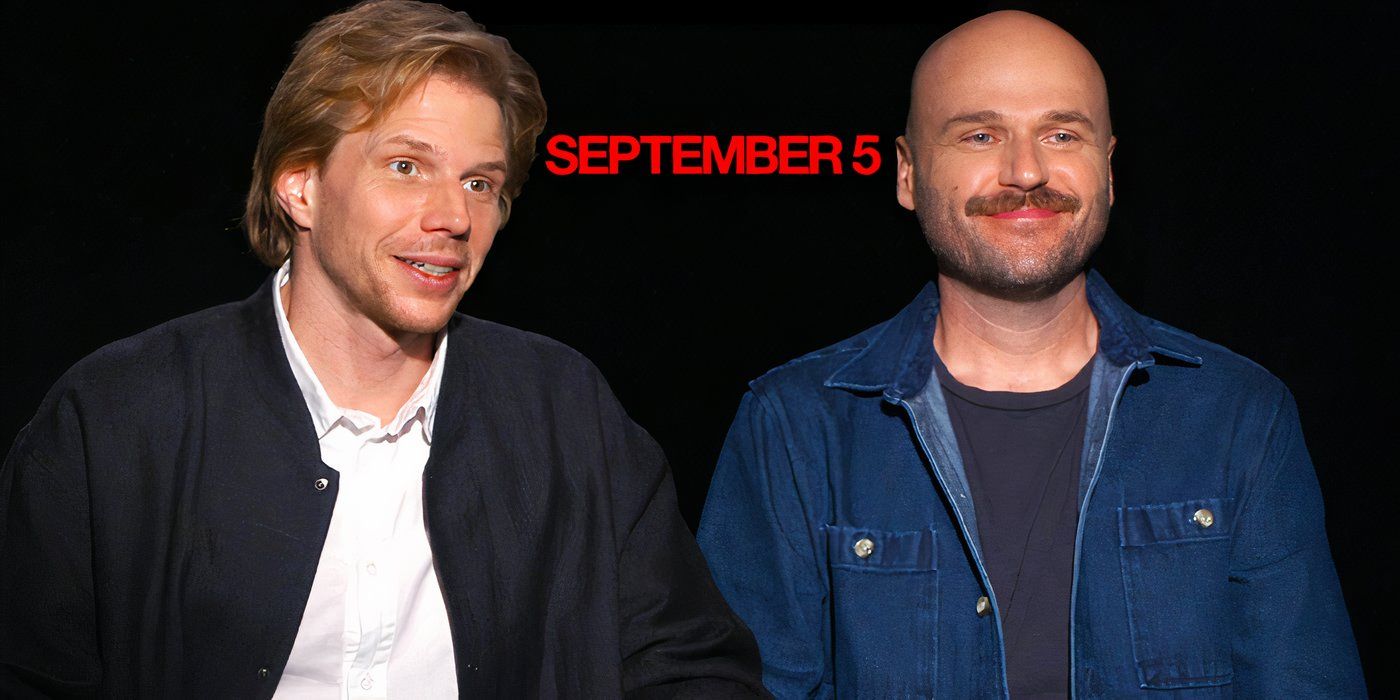 Custom Image by Simone Ashmoore
Custom Image by Simone Ashmoore
Tim Fehlbaum and John Palmer are bringing a fresh approach to one of history's more shocking events in September 5. The true-story-based thriller marks an interesting departure from Fehlbaum's past work in the sci-fi genre with 2011's Hell, which was produced by disaster genre vet Roland Emmerich, and 2021's Colony, which was led by American Star's Nora Arnezeder and Dune: Prophecy's Sarah-Sofie Boussnina. For Palmer, on the other hand, the movie continues his streak of grounded stories with Sean Penn's Flag Day and Asphalt City.
September 5 details the horrific events that actually happened during the 1972 Munich Summer Olympics, in which a group of eight Palestinian militants killed two members of the Israeli Olympic team and took nine others hostage. The film primarily puts the focus on Roone Arledge and the rest of the ABC Sports team, who find themselves scrambling to shift their coverage from sports broadcasting to live reporting on the hostage situation as it unfolds.

Related
Every Movie Coming To Theaters In December 2024
December is closing 2024 with Robert Eggers' latest project, a new movie from Sony's Spider-Man Universe, a Disney prequel, and a lot more.
Emmy and Golden Globe nominee Peter Sarsgaard leads the ensemble September 5 cast as Roone, alongside The Agency's John Magaro, The Nevers' Ben Chaplin, The Teachers Lounge's Leonie Benesch, Zinedine Soualem, Corey Johnson, Georgina Rich, Rony Herman and The Lord of the Rings: The Rings of Power's Benjamin Walker. Having made its world premiere at the 2024 Venice International Film Festival, the movie has already garnered large critical acclaim, currently holding an 83% approval rating on Rotten Tomatoes.
Ahead of the movie's December 13 limited release, ScreenRant interviewed director Tim Fehlbaum and producer John Palmer about their chilling new film, September 5. They reveal why this story needed to be told in this way, and why people should go see it in theaters despite it detailing heavy subject matter that is still relevant today.
The Events Of September 5 Shaped Journalism Today
"Obviously, the legacy of that, we still feel today in the way that news is made and reported."
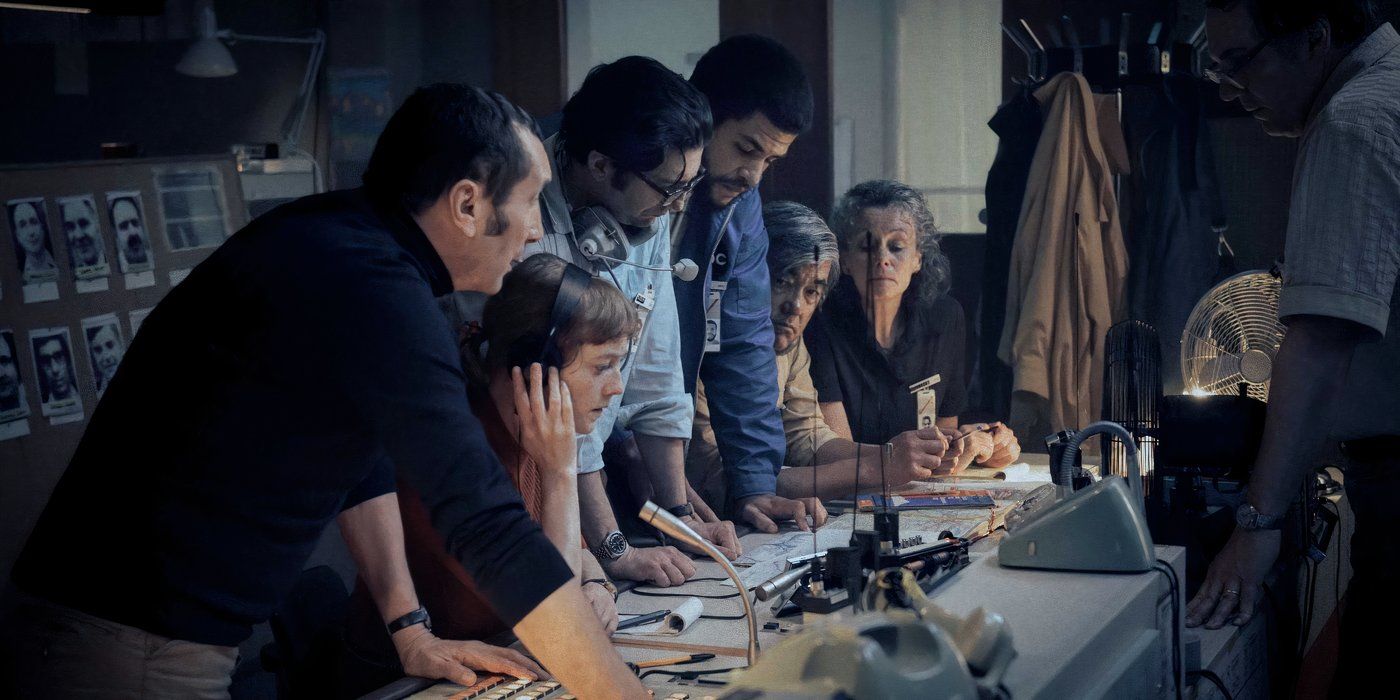
ScreenRant: What was it about this real life event that meant it needed to be turned into a movie?
Tim Fehlbaum: I knew about the events, of course, of what happened before we started with this project. But I didn't know what an unprecedented situation it was the media faced. Only when we started to do the research we learned, for example, that it was the first Olympics that was broadcast live globally via satellite. We also learned that even before this tragic thing happened, these Olympics were a turning point in media history, because it was also the first Olympics on German soil since Hitler's Olympics of '36, which were misused for factious propaganda.
Germany wanted to send out a new image to the world, the image of a liberal Germany after World War II. And for that, they set up a never-before seen media apparatus. It was also the first time that, for example, the venues were designed for optimal TV coverage. Then suddenly, that whole apparatus had to switch from reporting on sports to reporting on this crisis. We found this to be a really interesting premise and a premise that's worth a movie.
John Palmer: ABC Sports at that time, under Roone Arledge, who Peter Sarsgaard plays in the movie, he was known for changing the way that sports reporting happened, and getting into the inner lives and the backgrounds of the athletes. So, in some ways, even though this was a sports team suddenly pivoting to the unknown territory, they were also somehow well positioned to tell the story in a way that was emotional and gripping, and in tandem with this new technology. Obviously, the legacy of that, we still feel today in the way that news is made and reported.
There Are A Few Reasons Why Viewers Should See September 5 In Theaters
"...we've also delivered some good old-fashioned entertainment..."

What would you say to people that might be worried this movie is too heavy?
Tim Fehlbaum: Well, I think, especially for today's world, everybody has a camera and a TV in their pocket, right? Especially for today's audience. I think it is interesting to see how, a little bit more than fifty years ago, for the first time, something like this was covered on live television. Hopefully, this makes the audience reflect on how we consume news today.
John Palmer: Certainly there's heaviness in the movie. I think, in other ways, it's also very thrilling. It's entertaining. There's moments of humor. But I think what Tim is saying is a really sharp point, which is that, this is a shared responsibility that we all have. At this time of seismic changes in our own world, geopolitically and globally, I think we all have to sometimes reckon with these questions of ethics. So I hope that, with the heaviness, we've also delivered some good old-fashioned entertainment, and also some connectedness of consciousness.
Tim Fehlbaum: I also want to say, all movies are also a lot about what you don't see, right? I think that's the basic premise of the movie. That these people, although it's happening really close to them, they are inside that studio, and we are all the time with them inside that studio. The only window that they have to the outside world is via their cameras. So it is also about what do we see, actually?
About September 5
September 5 unveils the decisive moment that forever changed media coverage and continues to impact live news today. Set during the 1972 Munich Summer Olympics, the film follows an American Sports broadcasting team that quickly adapted from sports reporting to live coverage of the Israeli athletes taken hostage. Through this lens, September 5 provides a fresh perspective on the live broadcast seen globally by an estimated one billion people at the time.
At the heart of the story is Geoff (John Magaro), a young and ambitious producer striving to prove himself to his boss, the legendary TV executive Roone Arledge (Peter Sarsgaard). Together with German interpreter Marianne (Leonie Benesch) and his mentor Marvin Bader (Ben Chaplin), Geoff unexpectedly takes the helm of the live coverage. As narratives shift, time ticks away, and conflicting rumors spread, with the hostages' lives hanging in the balance, Geoff grapples with tough decisions while confronting his own moral compass.
Check out our other September 5 interviews here:
- Peter Sarsgaard & Ben Chaplin
- Leonie Benesch & John Magaro
September 5 heads to limited theaters on December 13 before opening globally on January 17.
Source: ScreenRant Plus
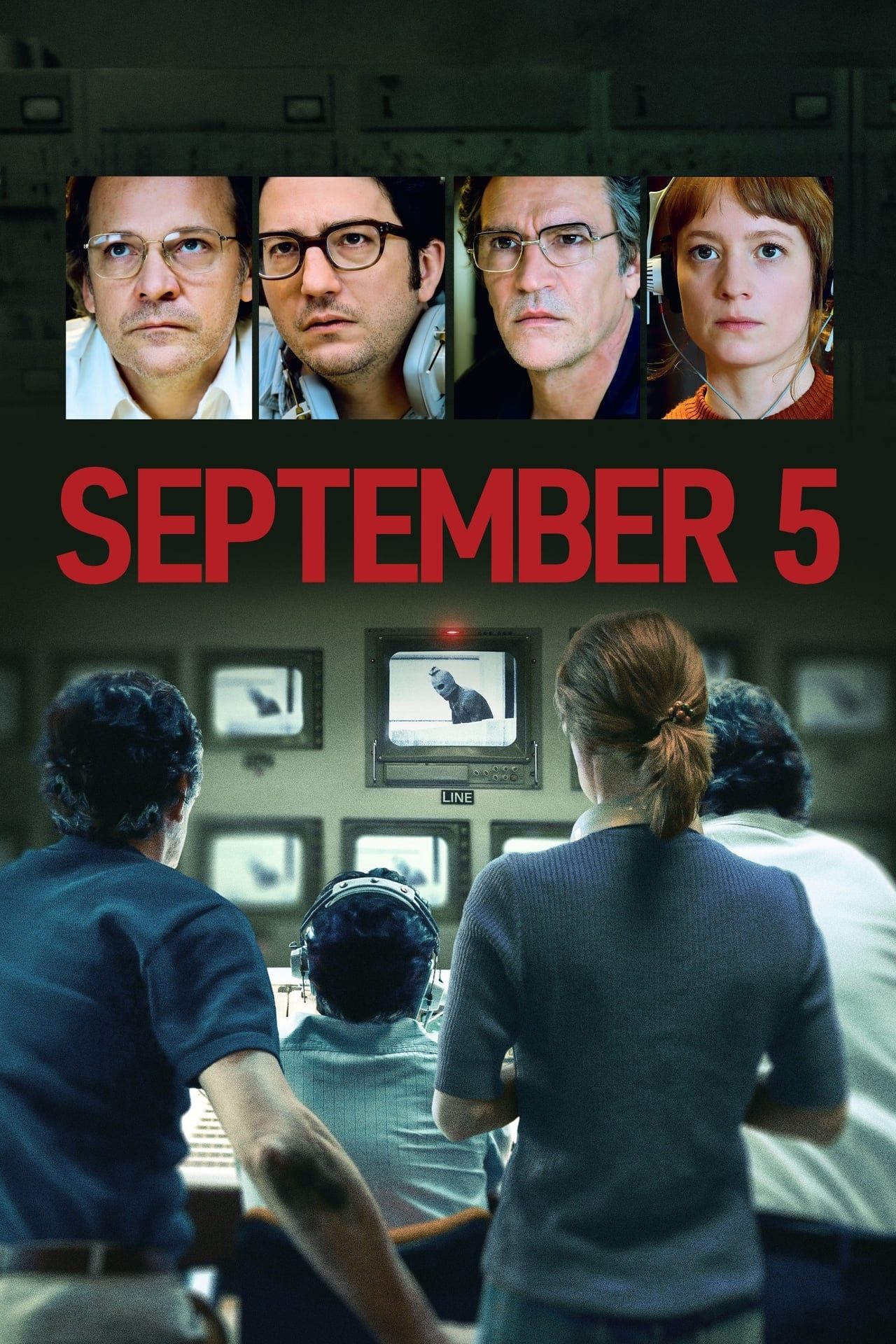
The 1972 Munich Olympics saw an American sports broadcasting crew unexpectedly tasked with covering a hostage situation involving Israeli athletes.
Release Date November 29, 2024
Runtime 91 Minutes
Director Tim Fehlbaum
Writers Tim Fehlbaum , Moritz Binder

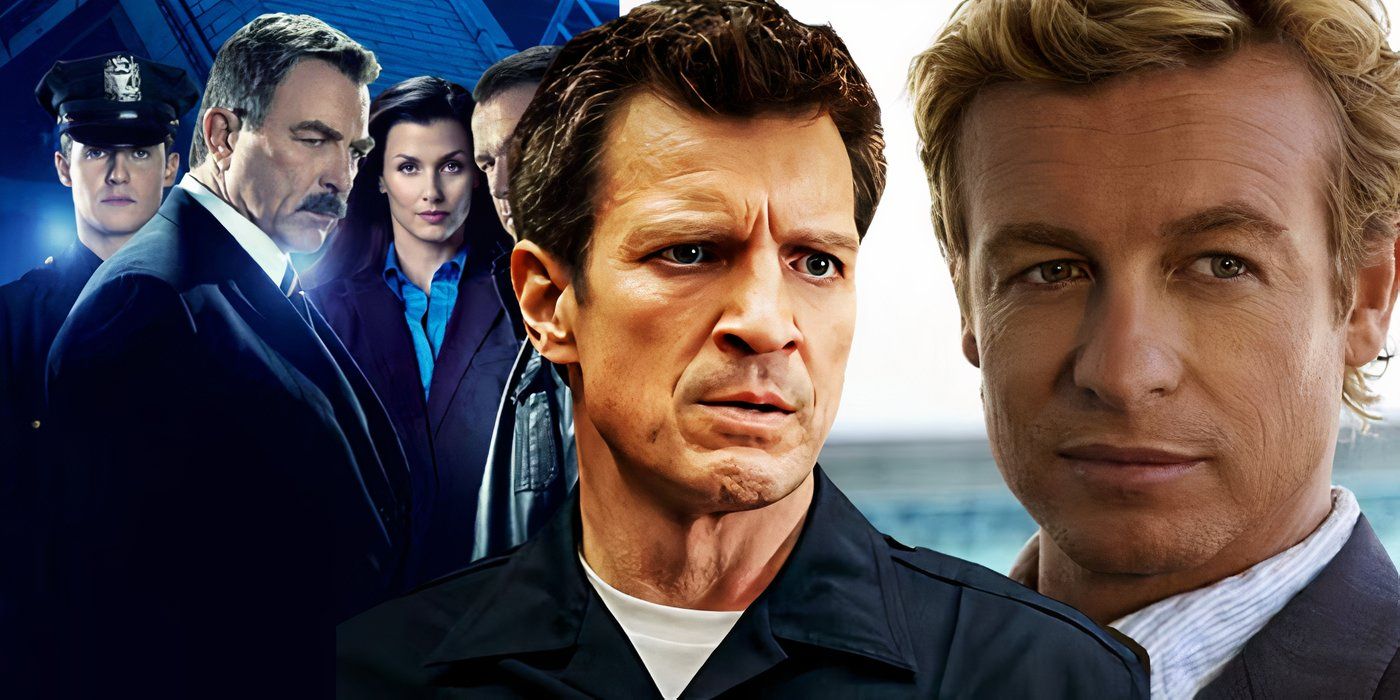
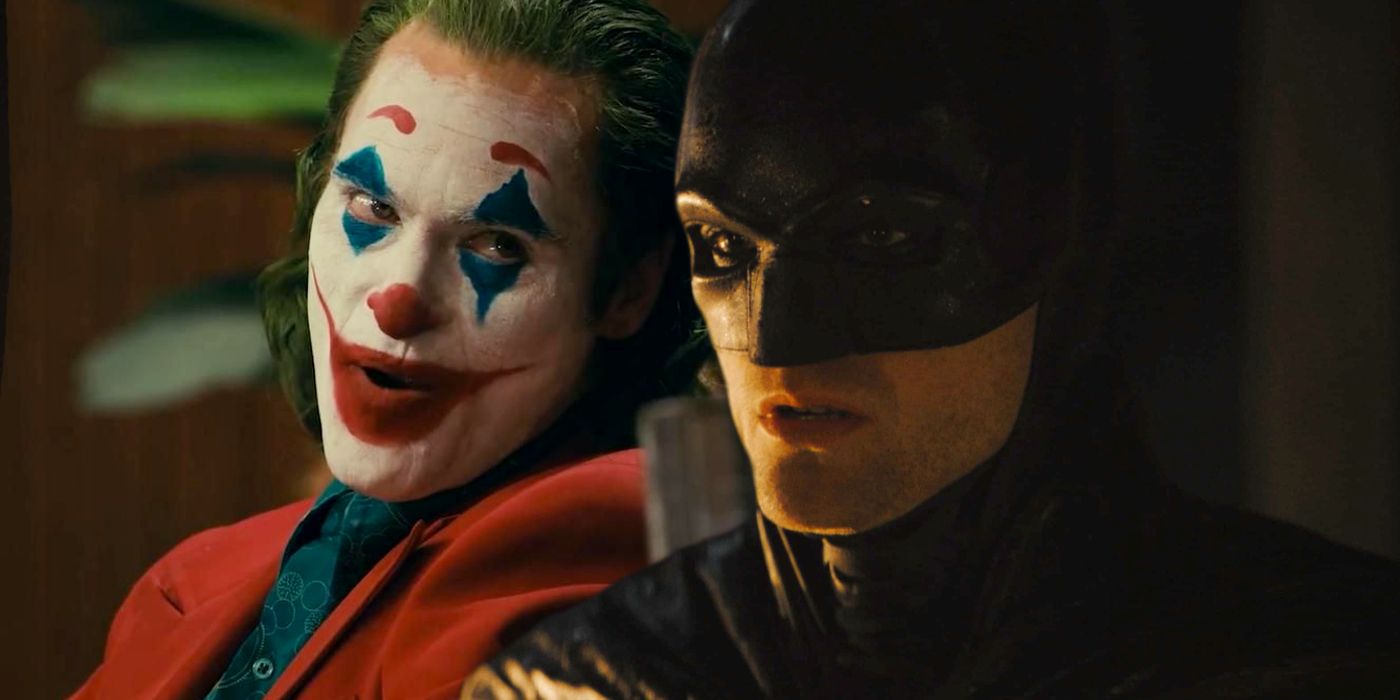






 English (US) ·
English (US) ·